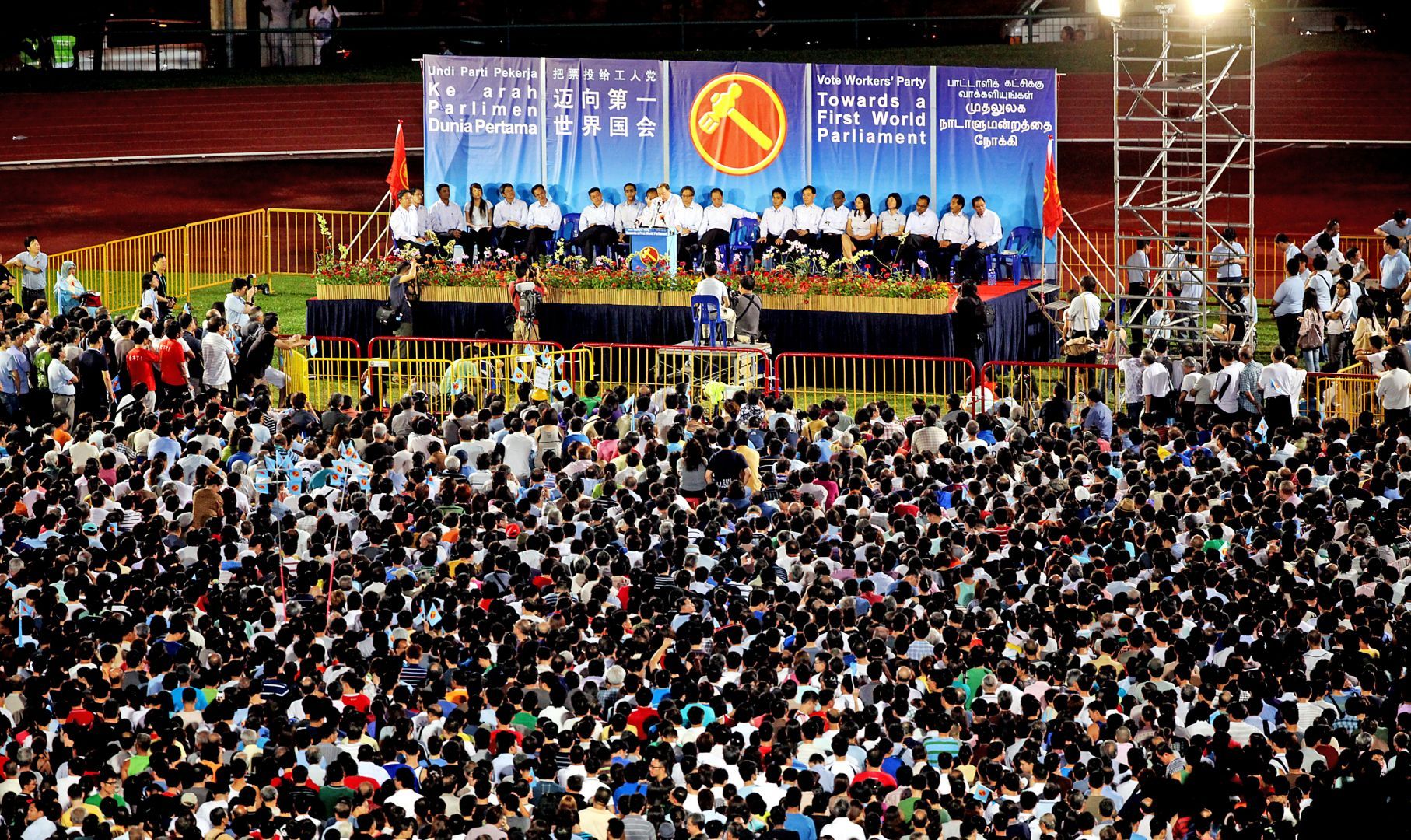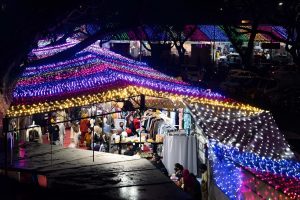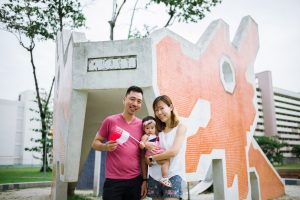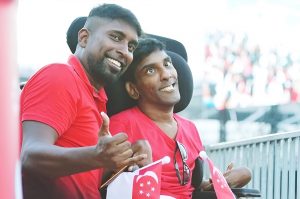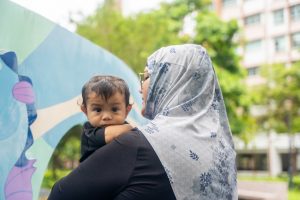Conventional wisdom suggests the PAP will win a Covid-19 general election. Conventional wisdom tells us: A strong economy translates into more support for the opposition, while instability favours the PAP.
Proving causation of this type is impossible, but history hints at some degree of correlation between a negative outlook for Singapore and positive outcomes for the PAP.
In 2010, Singapore’s economy grew by a record-breaking 14.7%. The following year, the Workers Party won its first GRC.
In the 2001 general election, which was held months after the September-11 attacks, under the shadow of a recession, the PAP won with a vote share of 75.3%.
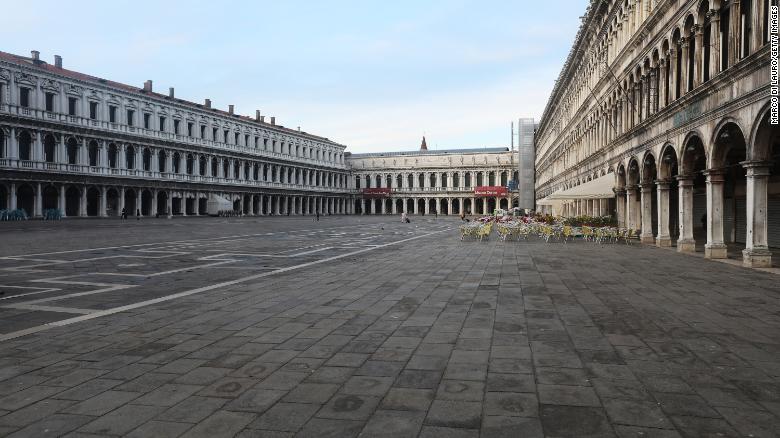
The GDP growth for the year was just 2%, as opposed to 3.9% and 5.1% for previous years.
Hence, a Covid-19-almost-recession GE2020 will strongly favour the PAP. No one wants to change the government in the middle of a crisis. Even if the incoming Ministers are healthier, more competent and more knowledgeable, the prospect of a shaky transition period will scare away any potential detractors.
With social distancing and a ban on gatherings of more than 250 people, there can be no political rallies. The appetite for walkabouts or house visits will also be diminished, because it takes just one infected canvasser to quarantine a whole neighbourhood.
With reduced opportunities for interaction, the opposition will be at a great disadvantage, because they’re the ones who will need to invigorate the electorate, and get them out to vote. It will be the death knell for Tan Cheng Bock’s new Progress Singapore Party. Without a chance to make his case, he will almost certainly lose, because voters haven’t had a chance to hear him out.
All of this suits our ruling party just fine because they are a known entity. As many have pointed out, PAP rallies are sparsely attended anyway. Voter indifference—at an all-time high—has always favoured incumbents.
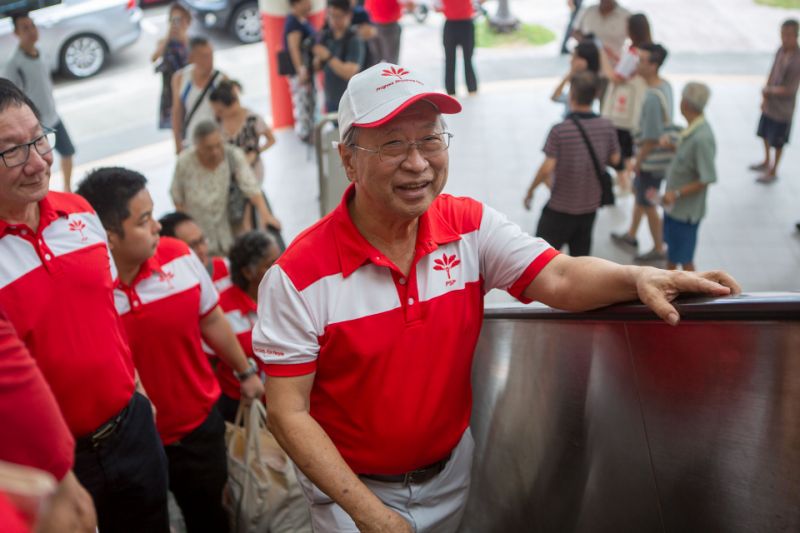
Last year in December, Google banned political advertising on its platforms for Singapore. Its new code of practice forbids “all advertisement or paid content that can reasonably be regarded as being directed towards a political end”. SDP was incensed. Google declined to comment.
Facebook still allows political ads, but as Kirsten Han has already pointed out, they can be easily and arbitrarily POFMA’d into oblivion. Prior to the outbreak, almost every instance of POFMA was used against members of the opposition. I seriously doubt if this trend will abate during the campaigning period.
With direct political advertising severely limited, opposition parties will be at the mercy of major media outlets, all of whom are strongly pro-PAP.
SPH, though it might be bleeding money from every orifice, still commands some 4000 staff members. The Online Citizen, our only pro-opposition outlet, has a total staff of zero because the police investigated Terry Xu and confiscated his computers.
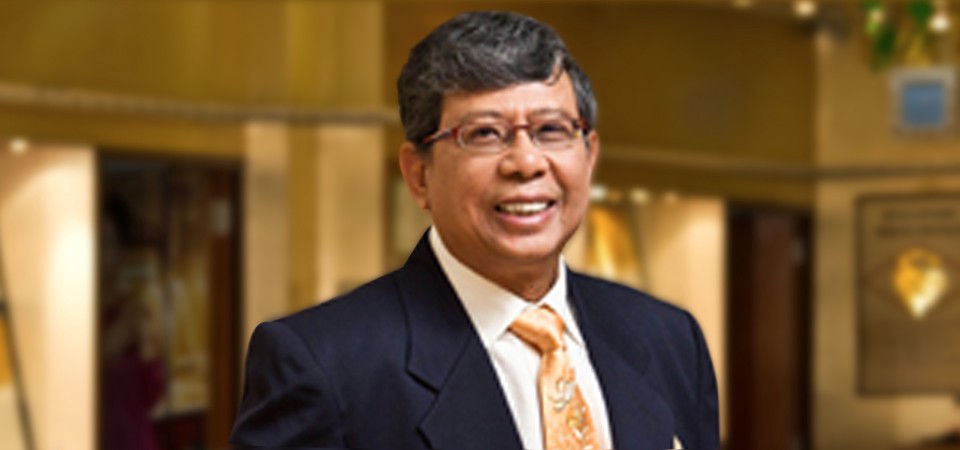
You would be entirely right. If the PAP wants to exploit the goodwill from their deft handling of the Covid-19 pandemic, they have every right to do so. That’s politics as usual.
However, they also have an obligation to hold a ‘free and fair’ election, or at least one that’s no more unfair than usual. If the Covid-19 cases increase, and more stringent regulations are put into place, the election will be a total joke. With no rallies, minimal interaction and voter concerns focused elsewhere, it will be an election only in name. Nobody will be able to ‘campaign effectively’ as the Prime Minister promises, least of all the opposition parties who need to make themselves heard.
Thanks to its deft handling of Covid-19 and the dire economic situation, the PAP will most likely win the next election, as surely as Mdm President Halimah Yacob was going to win the 2017 presidential election—running against opponents who were little-known political neophytes.
To hold GE2020 in the midst of a pandemic, would virtually guarantee victory, just as the $500-million shareholder rule guaranteed victory for Mdm President. However, the election would be forever tainted by whispers and doubts, just as President Halimah’s victory was tainted by #notmypresident.
Have a lead for a GE 2020 related story? Write to us at community@ricemedia.co.
